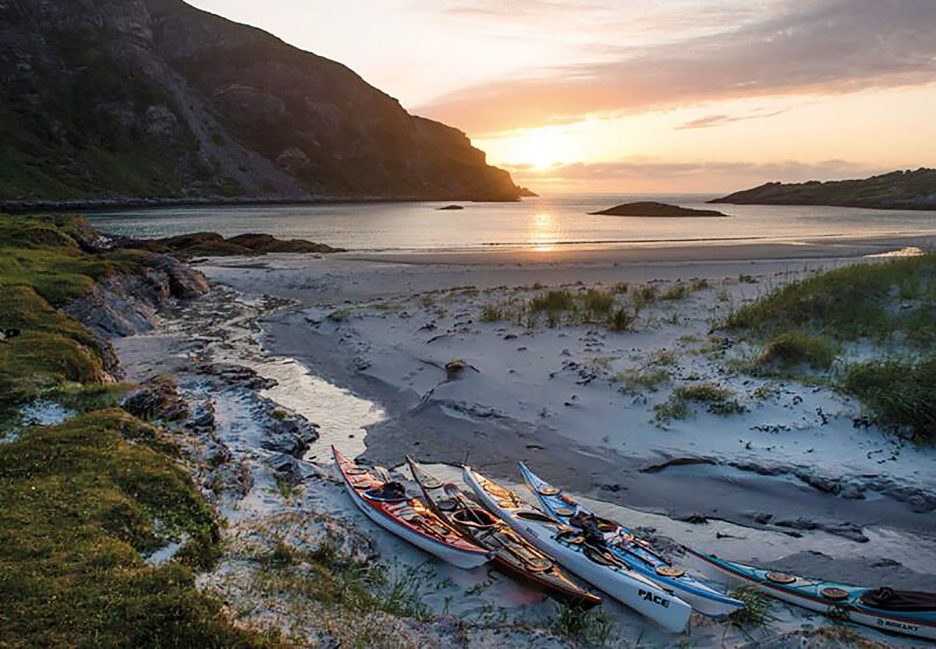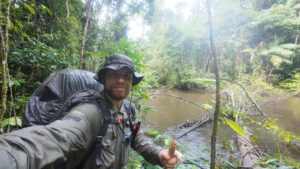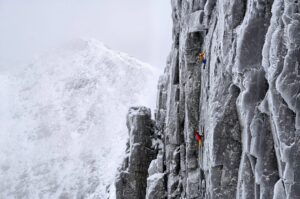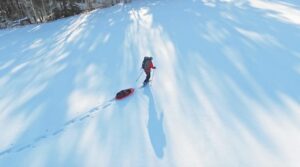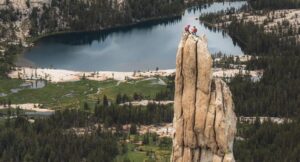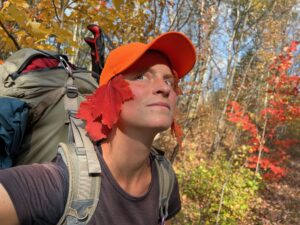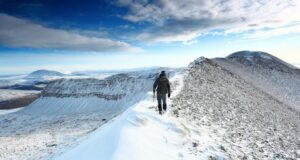When we’re not outdoors, we get our adventure fix by exploring social media and the web. Here are some of the best adventure links we’ve discovered this week.
Circumnavigating Sørøya: Helen Schur gives an account of circumnavigating the island of Sørøya, in Arctic Norway, over 10 days. Schur was part of a team from Sea Kayaking Wales, and the group was inspired by the historic 1975 Nordkapp Expedition, the first major expedition to use modern fiberglass Inuit-style sea kayaks. Starting in the port of Hammerfest, the group paddled over 200km around the island’s coastline.
Climbing with Alex Honnold: Watch as Alex Honnold and his partners Carlo Traversi and Nik Berry tackle the formidable East Face of the Plectrum, a 5.13b finger-crack above Lake Tahoe that Honnold describes as “pretty hard and pretty painful.”
Phantom islands
Phantom Islands of the Southern Ocean: Throughout the 19th and early 20th century, mariners reported a myriad of phantom islands across the Southern Ocean. Shadowy shapes and fleeting land sightings were quickly added to nautical charts. Some were misidentified icebergs or mirages, others navigational errors, and a few deliberate fabrications. Despite failed attempts to verify the islands, names like Emerald Island, the Nimrod Islands, and Dougherty Island stayed on maps for decades.
Packrafting Beneath the Grand Canyon: Stephen Eginoire describes an expedition into the underground aquifer system of the Grand Canyon to take photos and collect data. Using packrafts, the researchers navigate the hidden Redwall‑Muav Aquifer. With no GPS or internet underground, the only way to collect data about the waterway is to manually check the various data logging systems.
Reducing bird-window collisions
Testing Raptor Decals: The Cornell Lab of Ornithology debunks the myth that raptor decals effectively reduce bird-window collisions. Researchers carried out controlled tunnel tests with glass panels that had a raptor silhouette stuck to them. The decals had no impact; birds still flew straight at the windows. However, they offer other suggestions on how you can stop collisions.
The Great Unknown: In September 2005, Michelle Vanek vanished while hiking Colorado’s Mount of the Holy Cross. Too tired to continue as she neared the summit, she and her hiking companion separated, and Vanek disappeared.
Despite extensive searches, her disappearance remained a mystery for nearly two decades. Then, in 2024, a volunteer search team discovered her remains in a steep couloir along with her belongings. Forensic analysis suggested she died from a fall. While her family found some peace in the discovery, questions about what happened to Vanek remain.
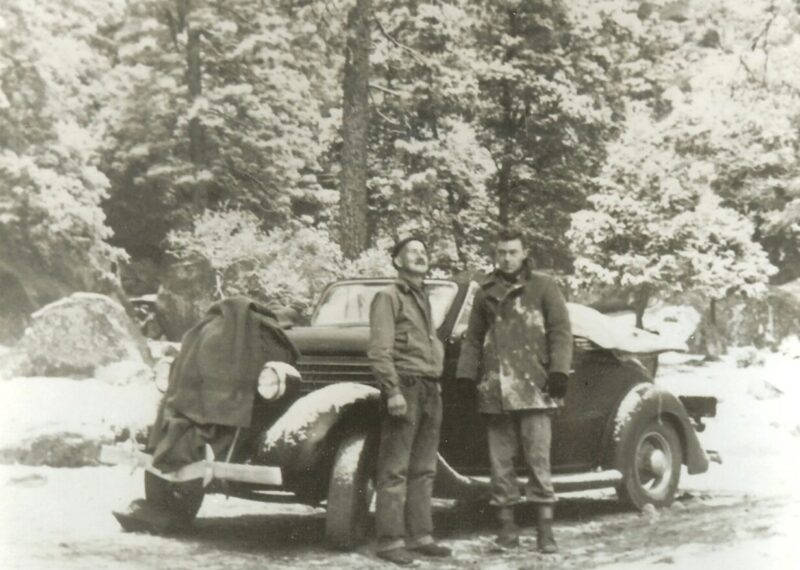
John Salathe, left, with John Thune Sr. in Yosemite. Photo: Yosemite Climbing Museum
Free soloing
The Strange Story Behind Why We Call Ropeless Climbing ‘Free Soloing’: The term “free soloing” has an intriguing origin that stemmed from a miscommunication. In 1945, novice climber John Salathe thought that when his guide said “climb freely,” it was an instruction to ascend without a rope during a Sierra Club clinic. This misunderstanding led to the word “free” coming to mean ropeless climbing, while “soloing” means climbing alone without a belayer.
He’s Bow Hunted Elk for 40 Years But Hasn’t Killed a Single One: Carl Cocchiarella first went hunting in 1983 and killed two elk on his first day. Successful with a gun, he moved on to using a bow and arrow. After 40 years of bow-hunting elk in Colorado and not harvesting a single one, the seasoned outdoorsman is still as enthusiastic as ever. Cocchiarella considers the pursuit itself — the long days, the quiet moments, and the near-misses — to be reward enough.
